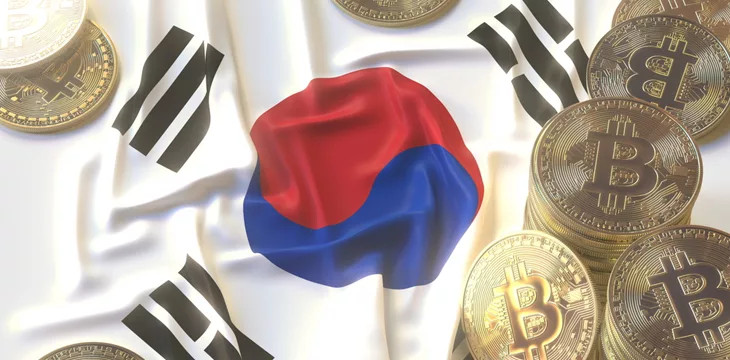South Korea‘s anti-money laundering watchdog plans to ramp up its scrutiny of virtual asset service providers (VASPs) and expel exchanges unable to meet its high standards this year.
The Korean Financial Intelligence Unit (KoFIU) became the digital asset watchdog in 2021, and among its first moves was issuing licenses to exchanges. These licenses were only valid for three years and will expire in the second half of this year.
According to a report by the Korea Times, KoFIU intends to thoroughly examine the exchanges in the first half of the year.
While announcing its work plan for the year this week, KoFIU revealed that its investigations will center on AML programs on exchanges and their operational capacity, including their on- and off-ramps. The watchdog will also consider an exchange’s consumer protection measures before renewing its license.
KoFIU’s ramped-up measures are to ensure that the implementation of the upcoming digital asset law is as smooth as possible, said KoFIU Commissioner Rhee Yun-su. Last June, lawmakers approved the Virtual Asset User Protection Act to protect investors and stamp out manipulation and unfair trading practices. It takes effect later this year.
“In preparation for the enactment of the Virtual Asset Consumer Protection Act from the latter half of this year and the large-scale renewal registrations, KoFIU will agilely push forward with the necessary institutional improvements to ensure the seamless operation of the cryptocurrency industry,” Rhee told the media.
The renewed vigilance by KoFIU comes amid increased scrutiny of VASPs by Korean regulators. The Financial Services Commission (FSC) recently unveiled a proposal to vet VASP executives before they assume their roles. FSC further proposed lifetime imprisonment for digital asset criminals with ill-gotten gains above KRW 5 billion ($3.766 million).
OKX could become one of the first global exchanges to face the wrath of Korea’s aggressive digital asset regulations. The exchange is under investigation for allegedly promoting its platform without obtaining a license from KoFIU. Authorities, acting on reports from the country’s Digital Asset Exchange Association, allege that OKX used Telegram influencers to target Korean investors.
Read the full article here

